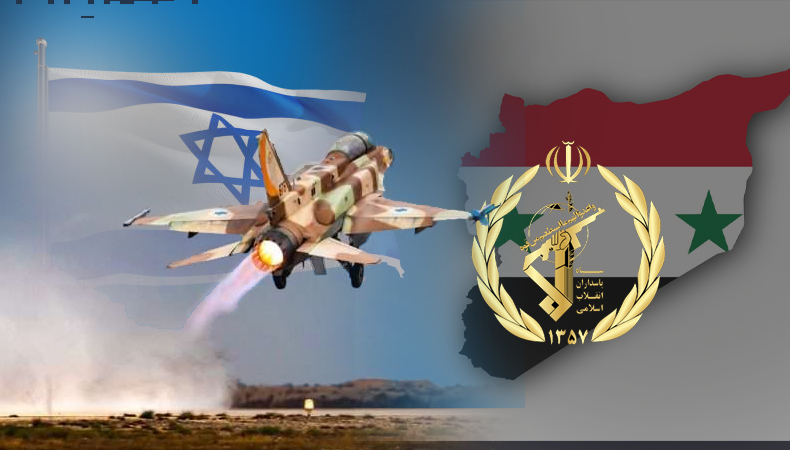How long will conflicts between Israel and Iran be a secret war

Just two months have passed, and 2023 has already established itself as a significant year in the ongoing clandestine struggle between Iran and Israel.
Five individuals were killed and numerous structures were destroyed by an Israeli attack early on Sunday in Syria’s capital, Damascus. Two Western intelligence operatives cited by Reuters news agency stated the attack’s target was a logistical centre maintained by Iran’s strong Islamic Revolutionary Guard Corps (IRGC).
Following two notable events in January, a strike was carried out in the centre of the Syrian capital. A military base in the Iranian city of Isfahan in the country’s centre was the target of a drone strike on January 28 at night. The next night, an airstrike against a convoy of Iranian trucks that had crossed into Syria from Iraq quickly followed this.
The majority of these clandestine activities, according to experts, were most certainly carried out by Israel.
Read | GCC countries call to uphold international law to resolve Russia-Ukraine crisis
Israel has been running an air campaign for the past ten years to stop the IRGC from arming its regional militia allies, especially Hezbollah in Lebanon.
It also aimed to prevent the IRGC from establishing a military presence in Syria. In fact, such strikes often target the Al-Qaim border crossing between Iraq and Syria, the scene of the attack on January 29.
Israel is also suspected of being behind a number of clandestine attacks and sabotage activities against Iranian sites that produce drones and missiles as well as the nation’s nuclear programme.
Also, it is the main suspect in the murders of prominent Iranian nuclear experts, most notably Mohsen Fakhrizadeh, who was slain in a road ambush near Tehran in November 2020 and is said to have been shot with an autonomous satellite-controlled gun.
The surge of attacks in 2023 might be a hint that Israel is stepping up and escalating these parallel activities at a time when geopolitical priorities are shifting.
Despite the best efforts of the Biden administration and its European allies, the 2015 Iran nuclear deal, formally known as the Joint Comprehensive Plan of Action, which attempted to limit Iran’s uranium enrichment in exchange for sanctions relief, is all but dead.
Rafael Mariano Grossi, director general of the International Atomic Energy Agency, claims that Tehran has increased uranium enrichment to the point where it may now produce “many” nuclear weapons if it so chooses. Tehran has far from curtailed its nuclear programme.




